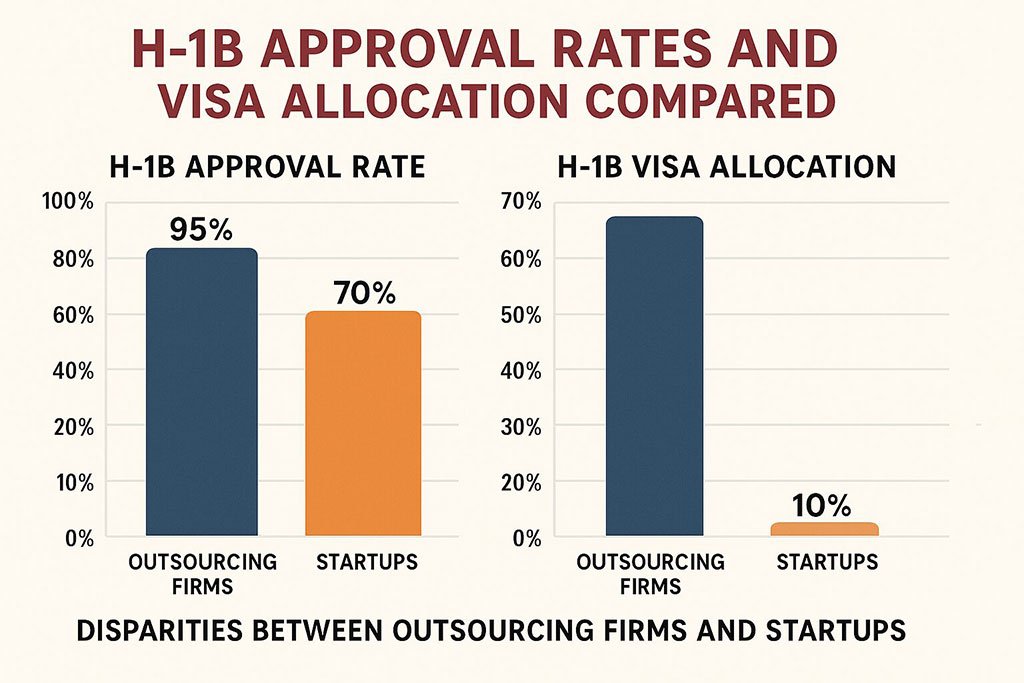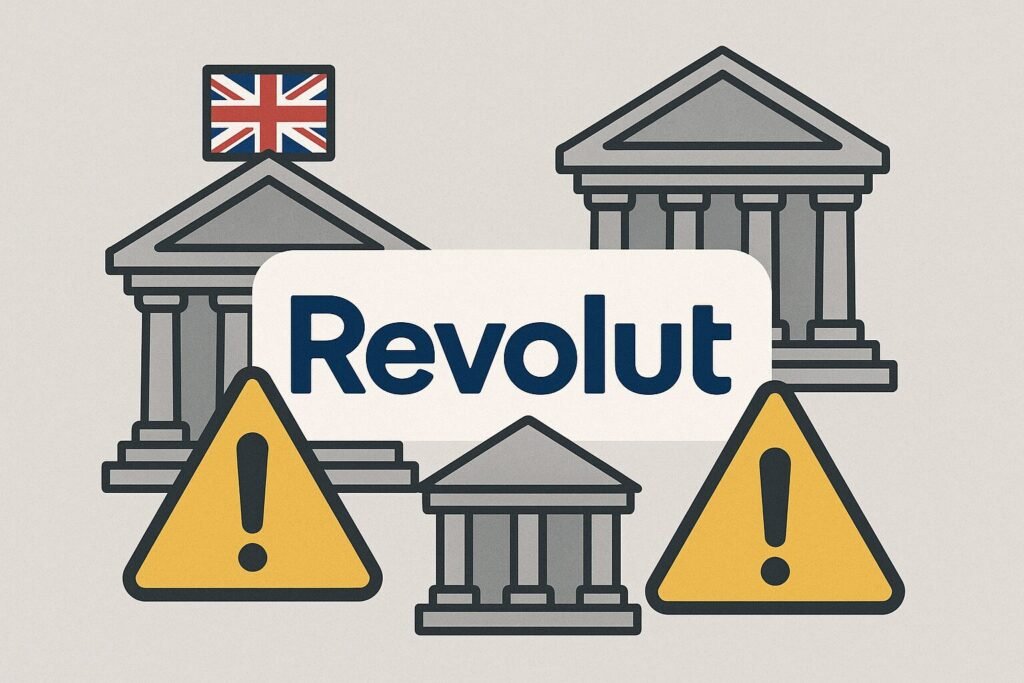Now Reading: Aspiration Co-Founder to Plead Guilty in $248M Fraud Case
-
01
Aspiration Co-Founder to Plead Guilty in $248M Fraud Case
Aspiration Co-Founder to Plead Guilty in $248M Fraud Case

Aspiration Fraud Case
Joseph Neal Sanberg, co-founder of the once-celebrated fintech and sustainability services company Aspiration Partners, Inc., has agreed to plead guilty to a massive $248 million scheme to defraud investors and lenders. This high-profile case has sent ripples through the financial technology sector, raising serious questions about trust, governance, and ethical practices in fintech companies that market themselves as socially responsible. Sanberg’s actions, spanning from 2020 to 2025, involved deceptive financial tactics that misled stakeholders and caused significant financial harm. This article delves into the details of the fraud, its implications, and the broader impact on the fintech industry.
Background of Aspiration Partners
The Rise of a Sustainability-Focused Fintech
Aspiration Partners, Inc., founded in 2013 by Joseph Sanberg and Andrei Cherny, positioned itself as a leader in ethical banking and sustainability. The company gained traction by offering eco-friendly financial products, such as checking accounts, savings accounts, and investment options that avoided funding fossil fuel industries. With endorsements from high-profile figures like Leonardo DiCaprio and Robert Downey Jr., Aspiration was valued at over $2 billion at its peak, appealing to consumers who prioritized environmental and social responsibility. Its mission to combine financial services with sustainability made it a darling of the fintech world, promising to redefine banking for the conscious consumer.
Promises of Transparency and Impact
Aspiration marketed itself as a company dedicated to transparency, offering customers the ability to track the environmental impact of their spending. Initiatives like tree-planting programs tied to customer transactions further bolstered its image as a socially conscious enterprise. However, beneath this polished exterior, allegations of fraudulent practices began to surface, casting doubt on the company’s integrity.
Details of the $248 Million Fraud Scheme
The Scheme Unveiled
Beginning in 2020, Joseph Sanberg, aged 46 and residing in Orange, California, orchestrated a complex scheme to defraud investors and lenders. According to court documents, Sanberg, in collaboration with former board member Ibrahim AlHusseini, manipulated Aspiration’s financial records to secure substantial loans and investments. Between 2020 and 2021, the duo fraudulently obtained $145 million in loans from two lenders by pledging Sanberg’s shares of Aspiration stock as collateral. To bolster their credibility, they falsified AlHusseini’s bank and brokerage statements, inflating his assets by tens of millions of dollars to secure the loans.
Fabricated Financial Documents
Sanberg’s deceit extended beyond loan arrangements. He created fraudulent materials, including a fabricated letter from Aspiration’s audit committee, falsely claiming the company had $250 million in available cash when, in reality, it had less than $1 million. These misleading documents were used to attract additional investments and loans, further deepening the financial deception. Sanberg also concealed his role in generating certain revenues for Aspiration, misleading investors about the company’s financial health.
Recruitment of False Commitments
In another layer of the scheme, Sanberg personally recruited companies and individuals to sign letters of intent, committing to pay tens of thousands of dollars monthly for Aspiration’s tree-planting services. These commitments were often hollow, designed to inflate the company’s perceived revenue and appeal to investors. The cumulative impact of these actions led to losses exceeding $248 million for Aspiration’s investors and lenders.
Legal Consequences and Guilty Plea
Sanberg’s Arrest and Charges
Sanberg was arrested on March 3, 2025, following a federal criminal complaint filed by the U.S. Attorney’s Office for the Central District of California. He now faces two counts of wire fraud, each carrying a maximum penalty of 20 years in federal prison. On August 21, 2025, Sanberg agreed to plead guilty, acknowledging his role in the fraudulent scheme. A federal district court judge will determine his sentence, considering the U.S. Sentencing Guidelines and other statutory factors.
AlHusseini’s Role and Sentencing
Ibrahim AlHusseini, arrested in October 2024, has already pleaded guilty to wire fraud for his involvement in falsifying documents under Sanberg’s direction. He is scheduled for sentencing on September 29, 2025, and also faces up to 20 years in prison. The involvement of both individuals highlights significant lapses in Aspiration’s governance and oversight.
Impact on Aspiration Partners and the Fintech Industry
Aspiration’s Fall from Grace
Once a fintech darling, Aspiration Partners now faces severe scrutiny and financial distress. The company’s valuation has plummeted, and it has filed for bankruptcy, leaving investors and customers questioning its credibility. The fraud allegations have tarnished Aspiration’s reputation as a leader in sustainable finance, raising concerns about the authenticity of its environmental initiatives and the potential for “greenwashing” in the industry.
Broader Implications for Fintech
The Aspiration case underscores the vulnerabilities within the rapidly growing fintech sector, particularly among companies promoting ethical or sustainable missions. Investors and consumers are now more cautious, demanding greater transparency and accountability. The scandal has sparked discussions about the need for stricter regulatory oversight to prevent similar frauds and protect stakeholders in fintech ventures.
Lessons Learned and Moving Forward
Rebuilding Trust in Ethical Banking
The fallout from Aspiration’s fraud case emphasizes the importance of trust and integrity in financial services. Companies must prioritize robust governance, independent audits, and transparent reporting to maintain credibility. For consumers, this case serves as a reminder to scrutinize the claims of fintech firms, especially those leveraging social or environmental causes to attract business.
Strengthening Oversight in Fintech
Regulators and industry leaders must work together to establish stricter guidelines for fintech companies, particularly those operating in the sustainability space. Enhanced due diligence, regular audits, and clear reporting standards can help prevent fraudulent practices and protect investors from significant financial losses.
The guilty plea of Joseph Sanberg in the $248 million Aspiration Partners fraud case marks a significant moment in the fintech industry. What began as a promising venture to combine financial services with sustainability has unraveled into a cautionary tale of deception and mismanagement. As Aspiration navigates bankruptcy and legal repercussions, the case serves as a stark reminder of the importance of ethical leadership and transparency in the financial sector. Moving forward, stakeholders must demand accountability to ensure that the promise of sustainable finance is not undermined by fraud.

































